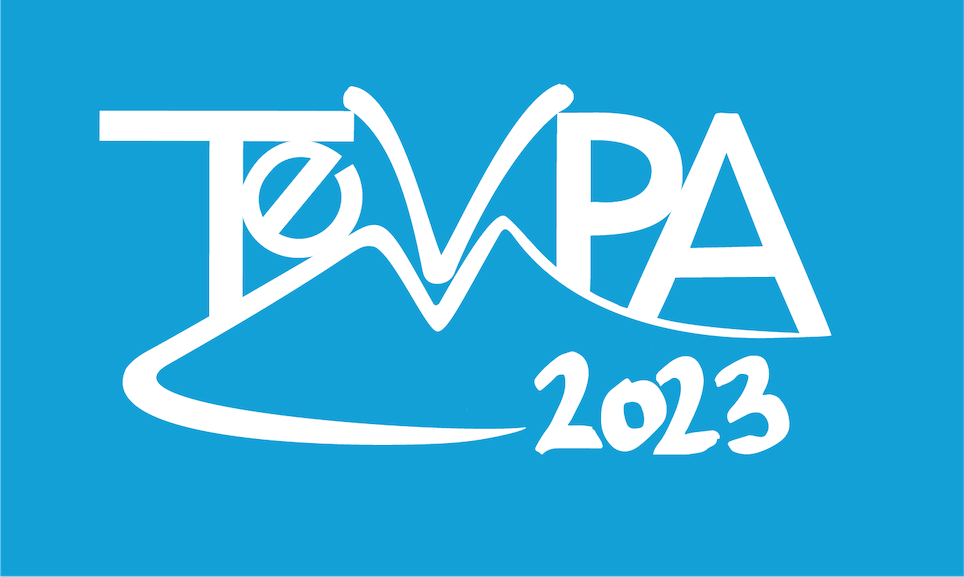Speaker
Description
To date, the majority of experimental dark matter searches have been focused on the on the Weakly Interacting Massive Particle (WIMP) in the 100-1000 GeV/c^2 mass range, which would be a natural extension to the Standard Model. However, there are well-motivated theoretical models which postulate that the properties and interactions of dark matter in the early universe generated the abundance of matter over anti-matter that we observe. These models naturally predict dark matter candidates in the sub-GeV mass range. The QUEST-DMC experiment aims to use superfluid He-3 instrumented with quantum sensors to probe this remarkably less studied parameter space.
The experiment is comprised of a superfluid He-3 target operated at sub-100 microKelvin temperatures, contained in small cubic cells that are instrumented with nanomechanical resonators, which are read out by SQUIDs. Superfluid He-3 is an ideal target medium for sub-GeV dark matter searches, in particular spin-dependent interactions. The small superfluid energy gap for quasiparticle excitations, 1E-7 eV, makes the system an extremely sensitive bolometer. Combined with a very low noise readout strategy, QUEST-DMC has the potential to reach ultra-low energy thresholds, below the eV scale. Here, we will present work on understanding and optimising the experiment’s sensitivity, including background assay results and GEANT4 simulations, modelling of the detector response, and readout noise. The resulting projected sensitivity of QUEST-DMC will be presented. In addition, we will show recent development of the key enabling technologies, in nanowire fabrication, bolometric measurements, and in quantum sensor readout.

